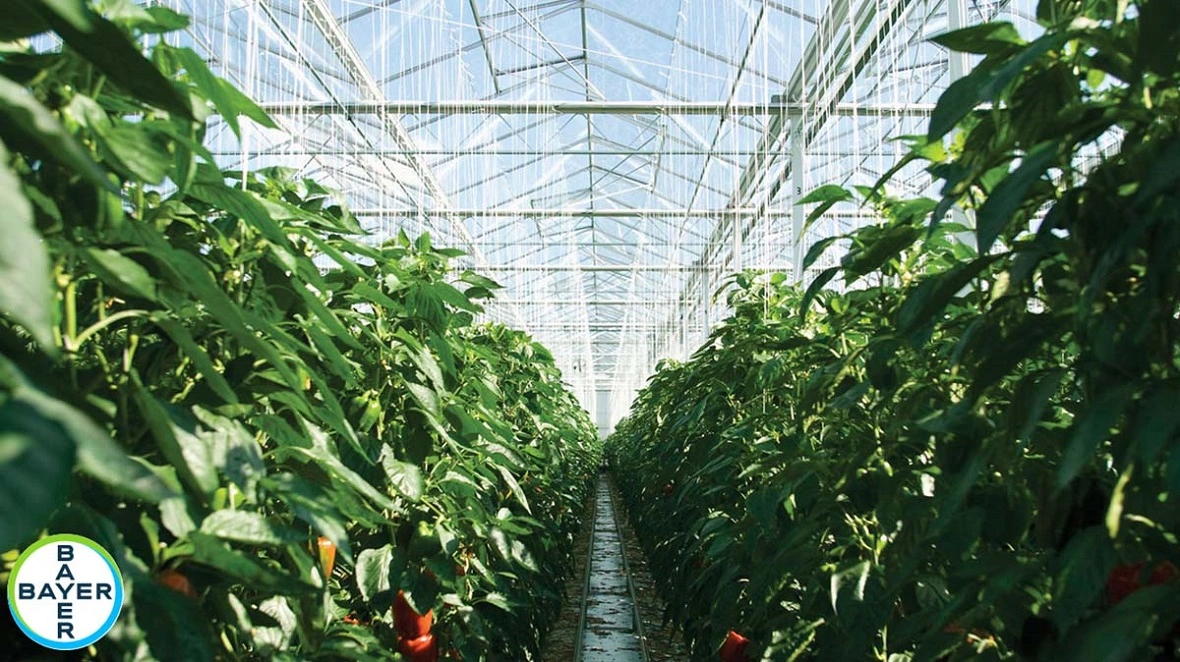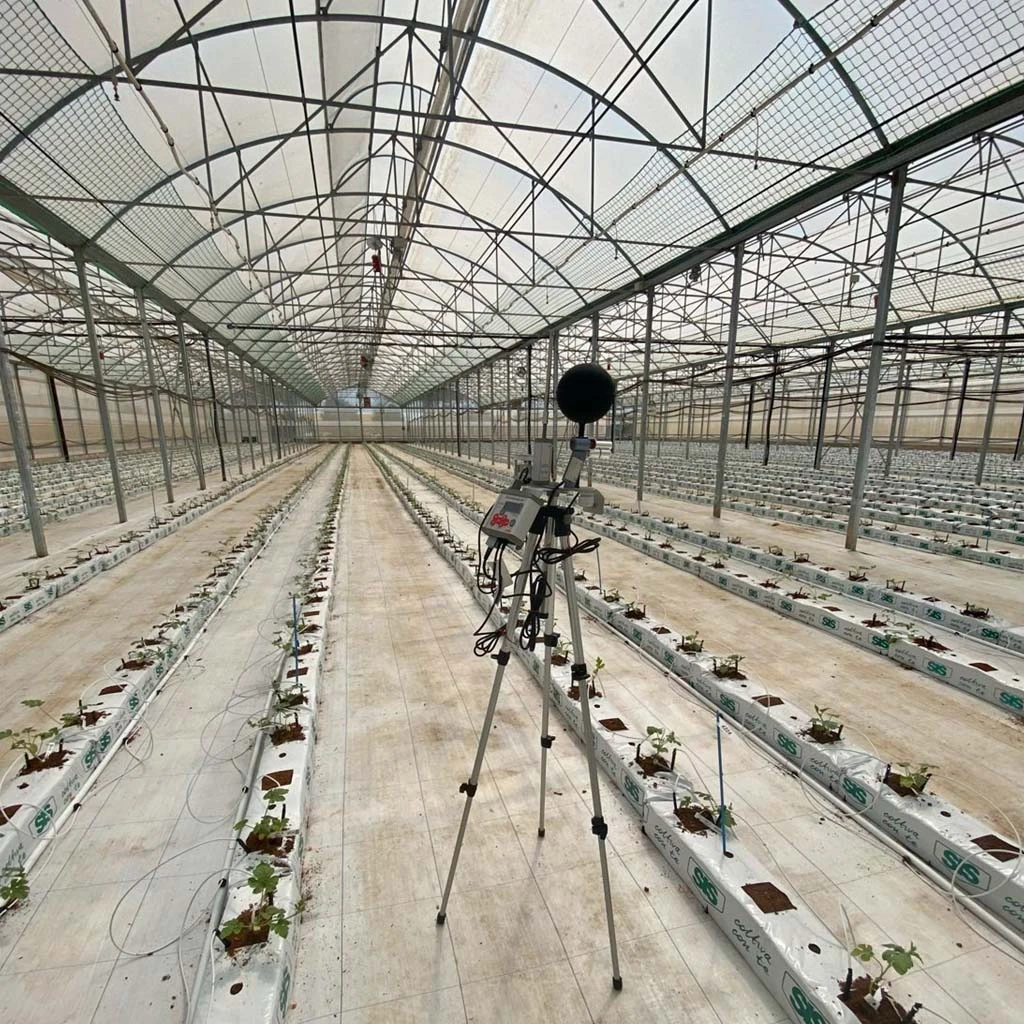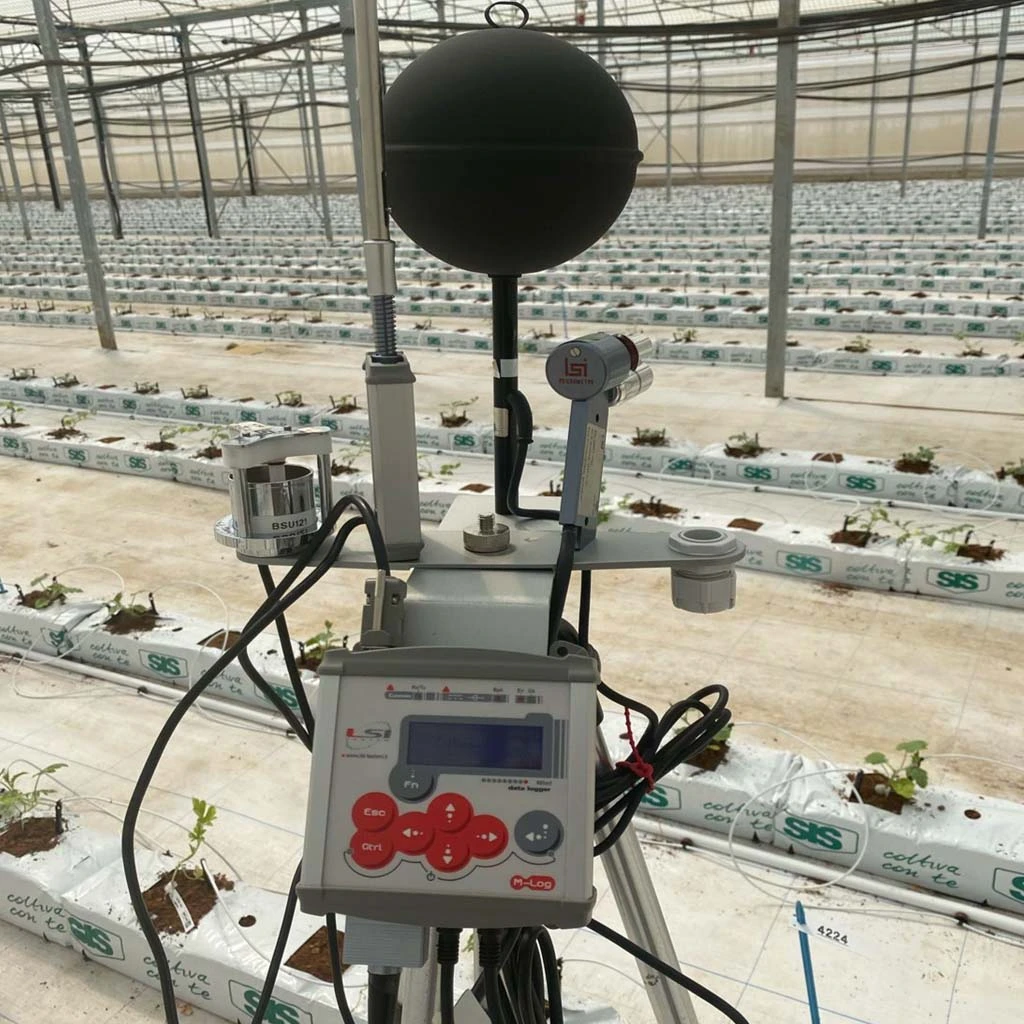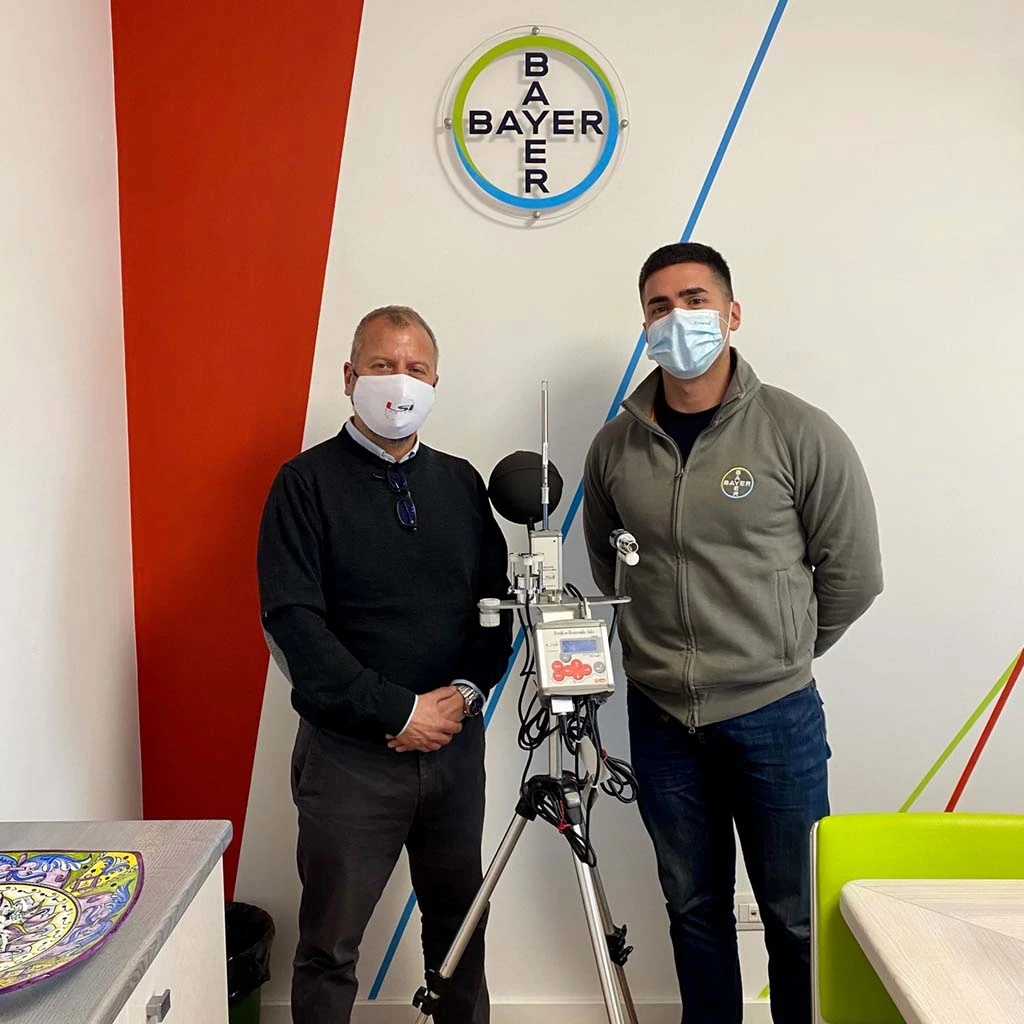LSI LASTEM sensors for microclimate monitoring at the service of Bayer Italy Crop Science

Microclimate and agriculture
The risk assessment related to microclimate, in severe hot and cold environments, is required pursuant to the Consolidated Law on Safety in the Workplace (Italian Legislative Decree 81/08). These conditions are, in fact, one of the main ergonomic factors that influence the psychophysical well-being of workers. In particular, in the agricultural sector, where there is direct exposure to the sun, or high temperature peaks are reached inside the greenhouses, the length of time workers stay in those conditions must be defined and limited in order to prevent illnesses due to so-called heat stroke.

Bayer Italy – Crop Science
Is a division of the Bayer Group specialising in innovation, sustainability and digital technologies for the future of agriculture, ensures the thermal well-being of its employees through accurate microclimatic evaluations, both in greenhouses and in the open fields. For the Latina site, intended for the research and development of Vegetable Seeds, Bayer Italy – Crop Science relies on Mr Ambroselli’s expertise, as an external safety consultant. Mr Abroselli chose the dedicated LSI LASTEM set of sensors and M-Log data logger for medium-long monitoring of the 18 hectares of open field and of the 4 types of greenhouses. The latter are distinguished by size, flooring and measurement needs: in the nursery, for example, which is equipped with cooling and heating systems for humidity control, the air speed measurement is particularly relevant to protect workers from the risk of air currents. Daniele Ambroselli states “I started working with LSI LASTEM about 10 years ago. Right from the start the company proved to be a reliable partner for environmental monitoring due to its solutions’ compliance with ISO standards, such as UNI EN ISO 7730:2006, for the calculation of all the main microclimatic indexes”.

The perfect ally for calculating WBGT and PHS indexes
In detail, the LSI LASTEM microclimatic monitoring station is used for the detection, at a predetermined frequency and on specific days/times, of all the necessary physical parameters for the calculation of the WBGT index (Wet Bulbe Globe Temperature), according to UNI EN ISO 7243:2017. Bayer Italy – Crop Science also particularly appreciates the GIDAS-TEA software which allows a more in-depth investigation thanks to the data processing following the PHS (Predicted Heat Strain) model, in compliance with UNI EN ISO 7933:2005. Unlike the WBGT, the PHS index also takes into consideration a series of subjective criteria such as the thermal insulation of clothing, energy expenditure as a function of activity, the number and duration of breaks, whether the workers drink or not, etc. for a more realistic interpretation of heat stress.

“Protecting the health and well-being of the staff means determining whether or not suitable working conditions exist and strictly respecting the limits, such as the maximum exposure times”, says Mr. Paolo Golisano, Bayer Crop Science – Latina HSE COORDINATOR. “Evaluations of this kind are based on the analysis of objective data, capable of accurately mirroring the microclimatic situation. This is why it is of fundamental importance to use highly performing instruments in terms of measurement accuracy: a requirement that LSI LASTEM sensors satisfy without a doubt”. “I would like to thank Daniele Ambroselli for choosing the LSI LASTEM instrumentation and involving us in this interesting project. Bayer Crop Science has always been sensitive to improving the quality of working conditions and we are proud to contribute”, concludes Massimiliano Spurio, LSI LASTEM‘s Sales Manager for Italy.
